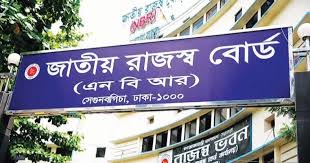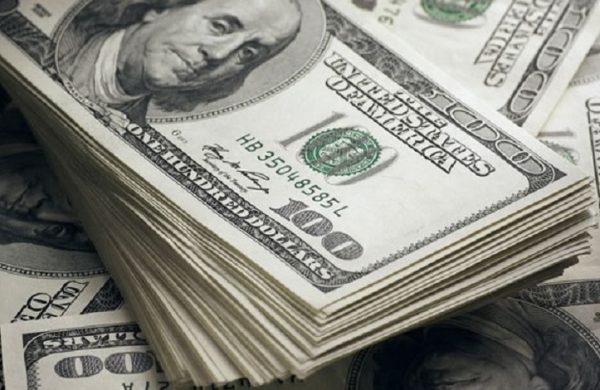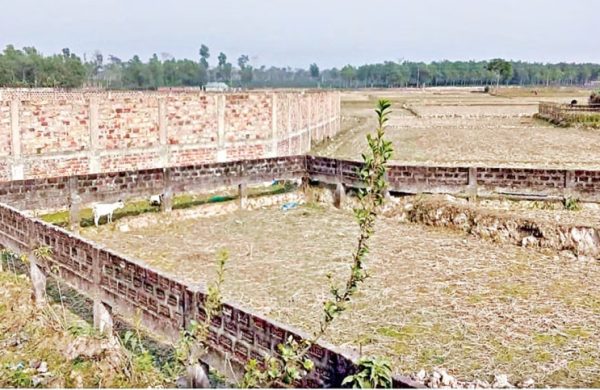NBR to gradually rationalize 60 tariff lines by 2026
- Update Time : Tuesday, November 19, 2024

TDS Desk:
The National Board of Revenue (NBR) has taken a move to gradually rationalise and bring under the bound rate by 2026 some 60 tariff lines where the addition of customs duty and other duties and charges exceed the bound tariff.
“NBR has also identified 60 tariff lines where the addition of customs duty and other duties & charges exceed the bound tariff. These rates will be gradually rationalised and brought under the bound rate by 2026,” an official document of the government on midterm macroeconomic policy statement.
It said that Bangladesh is scheduled to graduate from the list of LDCs in 2026 and the country is now actively preparing for the post-graduation era.
The document mentioned that, strategy has been developed to gradually reduce tariffs at the import stage where applicable, keeping in mind the interests of the domestic industry and enhancing the competitiveness of export products.
“Notable among these are plans to review Bangladesh’s schedule at the WTO to bring custom duties within bounds, phase out minimum import prices and streamline Supplementary Duties (SD), and Regulatory Duties (RD).”
It said that the NBR conducted an exercise and reduced the customs duty on six items in order to bring Bangladesh’s tariff regime in line with the bound rates that Bangladesh has agreed to at the World Trade Organization.
The government has also decided to abolish minimum import price and has developed a plan to gradually drop them by 2026.
Instead of drastic cuts, customs duty and other duties & charges at the import stage will be rationalised gradually over a period so that local industries and revenue mobilisation don’t get adversely affected.
The Regulatory Duty (RD) imposed on 191 products and the Supplementary Duty (SD) imposed on 234 products have been withdrawn in the budget for FY24.
“SD and RD on intermediate goods will be phased out/withdrawn over the next three financial years,” according to the official document.
The Government formulated the National Tariff Policy 2023 to improve the competitiveness of local companies in the international market.
The National Tariff Policy, 2023 came into force on August 10 last year and is being implemented gradually.
This Policy aims to rationalise the tariff structure of Bangladesh in compliance with WTO rules, promote export diversification and facilitate signing free trade agreement with the potential key trading partner countries.
From the fiscal point of view, the plan is to shift from heavy reliance on trade taxes to focus more on direct taxes and VAT in the medium to long run, as per the document.
Lowering the dependence on import taxes is expected to reduce the anti-export bias of the country’s trade policy; thus, the revenue loss from tariff rationalisation is likely to be balanced by strong growth of local businesses, it added.
Bangladesh is scheduled to graduate from its status as a Least Developed Country (LDC) on November 24, 2026. This decision was made by the UN General Assembly in 2021.


















